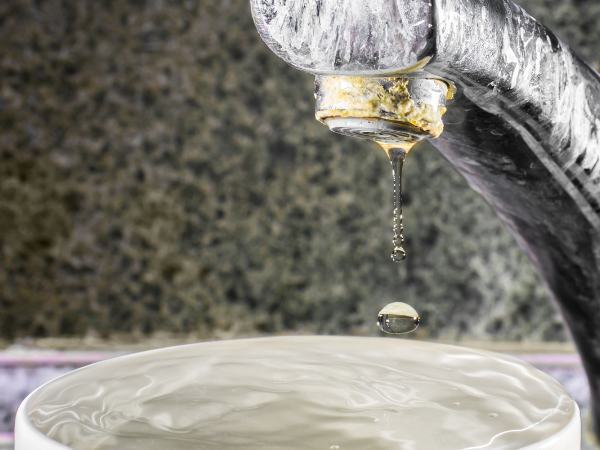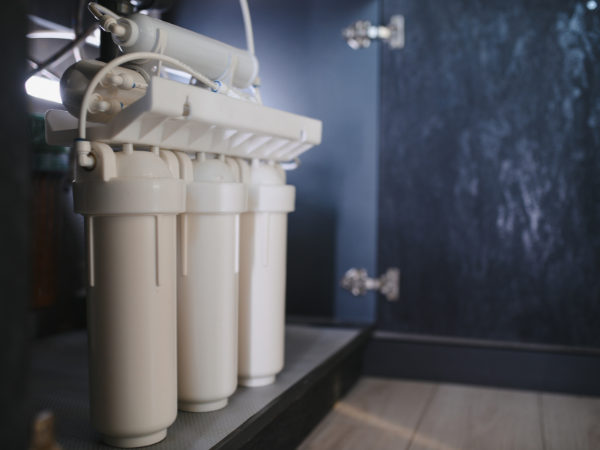Charcoal Water Filters

What Are Charcoal Water Filters?
You may have thought about buying a water filter if you're worried about the purity of your tap water. Water filters come in a wide variety, from those that use activated carbon to those that use reverse osmosis or ceramic media. Charcoal water filters, however, are both inexpensive and effective. Activated carbon filters, of which charcoal is a component, remove chemicals and other pollutants from water. The filter uses activated carbon, which is a highly porous material with a huge surface area that may be manufactured from a variety of materials like coconut shells, wood, or coal. Impurities in the water are captured by the carbon pores of the filter, and the filtered water emerges tasting fresh and clean.
Charcoal water filters are advantageous because of their accessibility and low cost. Most hardware stores carry them, and their price is usually lower than that of other water filtration systems. Charcoal water filters don't require much in the way of upkeep, though. Most filters are designed to attach to your sink or a pitcher, and extra filters may be purchased with ease.
Charcoal water filters are great because they can filter out many different kinds of impurities. Filters made with activated carbon are effective against a wide range of typical contaminants, including chlorine, silt, and volatile organic compounds (VOCs). Heavy metals like lead and mercury can be removed from the water with special filters. If your tap water has a bad odor or tastes funny, a charcoal water filter might help. While chlorine effectively kills harmful bacteria, it also leaves behind an off flavor and smell in the water. Water filtered by activated carbon filters is free of chlorine and other contaminants.
The Best Charcoal Water Filters
But there are some things you should know about the limitations of charcoal water filters. One area in which they fall short is in purifying water of harmful microbes like bacteria and viruses. The removal of pollutants like fluoride and nitrates may also be diminished. A different water filter may be preferable if you are concerned about certain toxins. Also, charcoal water filters lose efficiency with time and need to be updated frequently. Filter life expectancy is proportional to water usage and water quality. Keep in mind that you'll need to change your filter every two to six months, as this is the typical replacement interval.Although these drawbacks exist, many individuals still find charcoal water filters to be the best option for enhancing the quality of their municipal water supply. All while being cheap and simple to set up and keep in working order. If you're worried about the safety of your drinking water, a charcoal water filter is a wise investment. There are a wide variety of charcoal water filters from which to choose. Water filters range from those that attach to your sink's faucet to those that can filter water in a pitcher or throughout your entire home. A variety of activated carbon options are also available, from carbon made from coconut shells to carbon made from wood.
Consider your needs and budget before making a decision about a charcoal water filter. A pitcher filter could do the trick if you just need to purify a few glasses of water at a time. A whole-house filtration system, however, can be more practical if you have a sizable family or if you just wish to filter all of your drinking water.




